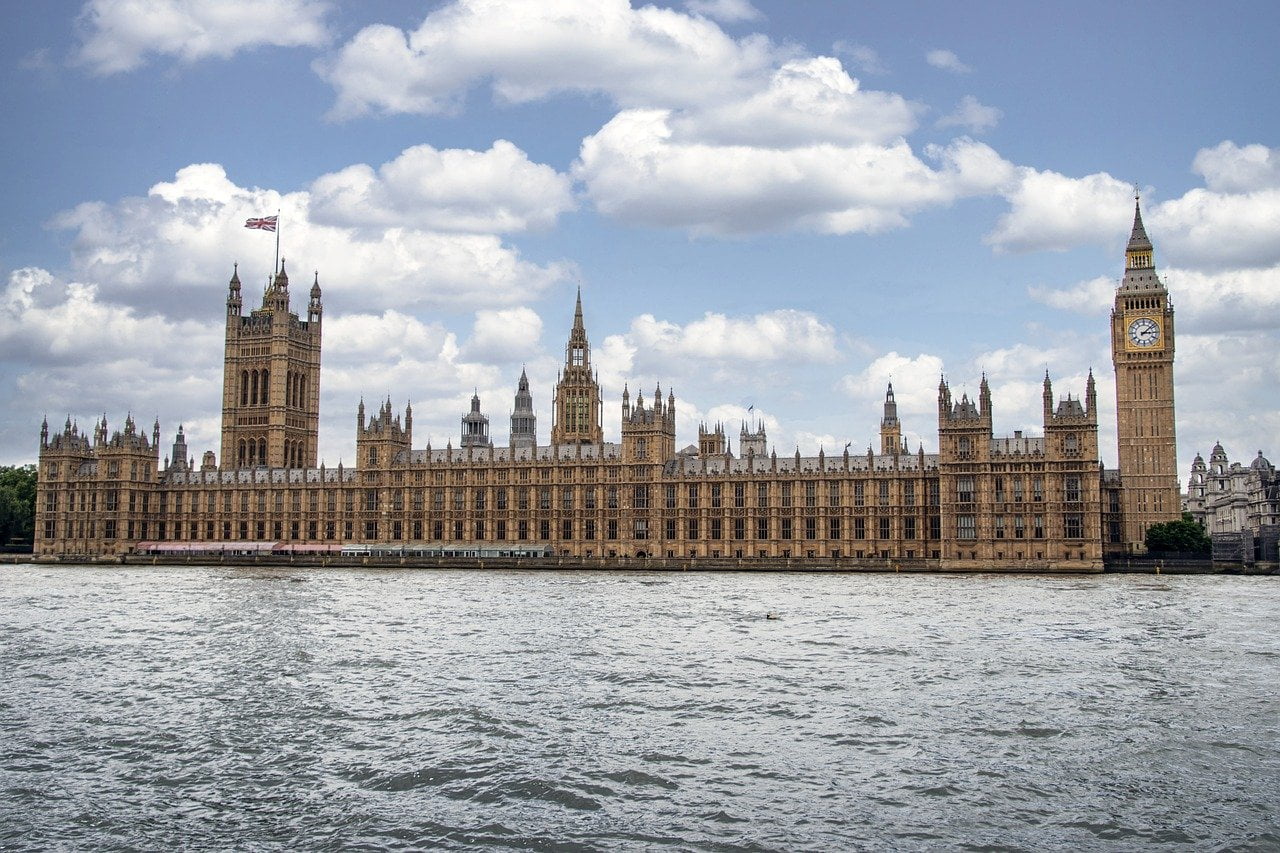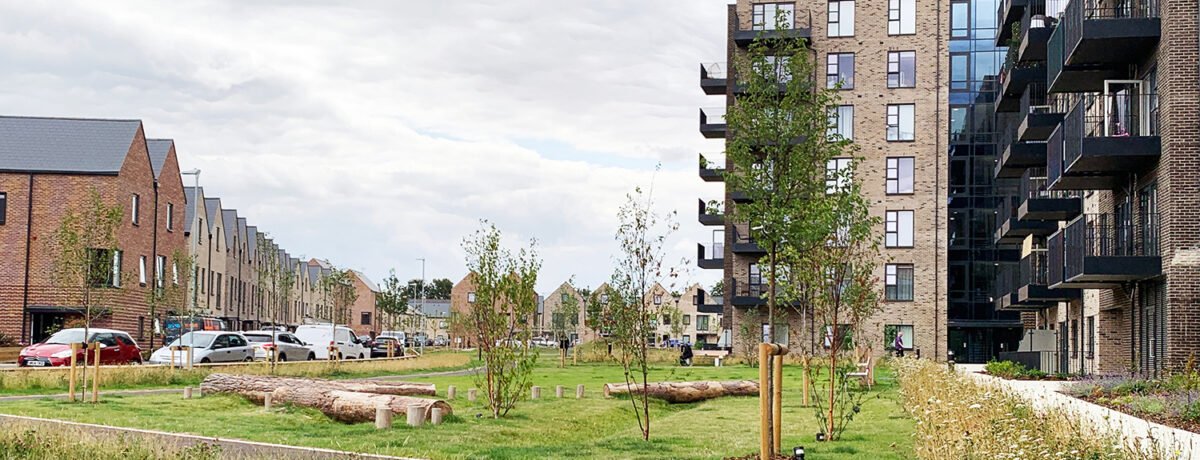
During the election campaign, the Labour Party promised changes to housing, planning, transport, infrastructure, energy and devolution. Now in power, they are expected to deliver on these changes and have given further detail on their intended approach in the King’s Speech to Parliament. So, what can we expect from the new Government? We can never know for sure what a Government’s achievements will be, but we have looked in more detail at the Labour party’s policies and announcements to give some insight into what the nation might expect.
As well as becoming Deputy Prime Minister, Angela Rayner has also taken on the role of Secretary of State for Housing, Communities and Local Government. Note that ‘Levelling Up’ has been dropped from the department’s name and has reverted to having ‘Local Government’ in the name. This marks a change away from a catchy phrase well used by the previous Government.
There will be consultation on changes to the National Planning Policy Framework (NPPF) before the end of July. The draft changes will include restoring mandatory housing targets for local authorities, in the hope it will help achieve the government’s target of building 1.5 million new homes over the next parliament. The housing targets are expected to include types of homes to be built to meet local demand. Other expected updates to the NPPF include strengthening the presumption in favour of sustainable development and making it easier to build labs, digital infrastructure, data centres, and gigafactories. The Labour manifesto says where necessary, Labour will not be afraid to make full use of intervention powers to build the houses we need.
To boost housing numbers further, the Government wants to explore releasing Green Belt land, with a priority on previously developed or poor-quality land. These poor-quality areas, which include disused car parks and wasteland within the Green Belt, have been termed as ‘Grey Belt’ by Labour. A disused car garage in Tottenham within the Green Belt that cannot be developed into housing has been pointed to by Labour as an example of Grey Belt. This Grey Belt category will be distinct to brownfield. It is Labour’s intention that half of the housing built on Grey Belt will be affordable housing. However, this could be challenging because of the likely costs associated with building on land requiring remediation. Local authorities will be expected to review their Green Belt boundaries with the purpose of removing areas of previously developed land and Grey Belt so that they can be developed for housing.
These proposals on housing targets and Green Belt mark a significant change in direction from the previous Government, which had removed targets and used more protective language regarding Green Belt.
The new Labour Government is expected to announce tough action to ensure every local authority has an up-to-date local plan. The Royal Town Planning Institute has welcomed this ambition for local plans.

It has also announced the ambition to build a new generation of New Towns in partnership with local leaders and communities. These are set out as a series of large-scale new communities across England, alongside urban extensions and regeneration projects.
More local devolution is expected through the announced English Devolution Bill, through which the Government has ambitions to deepen devolution settlements for existing Combined Authorities and widen devolution in other areas giving them power over housing, planning and transport. As part of this, there will be a statutory requirement for combined and mayoral authorities to have a strategic plan for housing growth in their areas and also give combined authorities new planning powers to better use grant funding.
To support the planning system, 300 new planning officers will be funded through an increase in the Stamp Duty supercharge paid by non-UK residents. Whilst this is a step in the right direction, it amounts to less than one planner per Local Authority.
The new Government has ambitions to give Mayors powers to create integrated transport systems including promotion of active travel networks, accelerate the rollout of electric vehicle charging points, increase the use of rail freight and bring railways into public ownership.
There are plans to create a National Wealth Fund with £7.3bn over the next parliament to support the upgrading of ports, building supply chains, gigafactories, the steel industry and the manufacture of green hydrogen.
A National Infrastructure and Service Transformation Authority will decide on priorities for strategic infrastructure and help deliver these projects. National Policy Statements on infrastructure are expected to be updated within the next 12 months and the government wants to ensure they are updated every five years. Local authorities will be required to set up local growth plans to deliver infrastructure and growth.
The Planning and Infrastructure Bill was announced at the King’s Speech, which aims to simplify the process for granting consent for major infrastructure projects. More schemes will be labelled Nationally Significant Infrastructure Projects; therefore, the Secretary of State is given final approval rather than local authorities.
On energy, the Government aims to double onshore wind power, triple solar power and quadruple offshore wind power by 2030. To help achieve this, the Government has removed an NPPF requirement (Footnotes 57 and 58) for proposed onshore wind power schemes to have community support, which has meant any objections have prevented schemes coming forward. This change, already identified with a Policy Statement on Onshore Wind1, and reflected through the forthcoming NPPF update, should see onshore wind developments come forward once again.

Alongside this, the Government will consult on bringing back large onshore wind proposals into the Nationally Significant Infrastructure Project regime with the aim of supporting quick determination.
Solar energy is supported with the Government looking at bringing in new solar-related standards for new-build properties, whilst restrictions on the retro-fitting of solar to existing properties are to be re-examined and potentially removed. The Secretary of State for Energy Security and Net Zero, Ed Miliband, has already approved three large solar farms in the east of England that had been blocked by the previous Government. This signals that the new Government wants to push ahead with energy projects.
The Government also wants to invest in carbon capture and storage; invest in hydrogen and marine energy; push forward with new nuclear power stations and have a phased transition away from oil and gas production.

Whilst the above is already a long list of ambitions for the built environment, there are also strategies for Nature, including the creation of nine National River Walks, three National Forests and the planting of millions of trees. These targets form part of the five core priorities announced by Steve Reed, the new Secretary of State for the Environment, Food and Rural Affairs (DEFRA), which also include cleaning up our rivers and lakes, supporting farmers to boost food security, and protecting communities from flooding.
These plans indicate a change in direction for the new Government, making it easier for development to come forward – particularly renewable energy schemes and housing. The previous Government had come under great pressure from backbench MPs to resist new development on Green Belt land and renewable energy (for reasons we won’t discuss here). Labour has strongly signalled it will push ahead with supporting new development and pay less attention to local resistance.
More support for wind and solar energy is promising for not only reducing greenhouse gas emissions and reducing reliance on fossil fuels, but also as a boost to the economy. Also, bringing back housing targets and making it easier to develop on previously developed sites will hopefully support a much-needed boost in the delivery of new homes. Funding for new planning officers, action to ensure universal local plan coverage and strengthened devolution deals shows support to the proper functioning of the planning system.
However, we shall have to wait and see how many of these announcements are acted upon and are successfully delivered as changes. Political parties make many promises during election campaigns and when first entering Government but often these promises go undelivered once the finer details need addressing. But for now, we shall remain optimistic.








